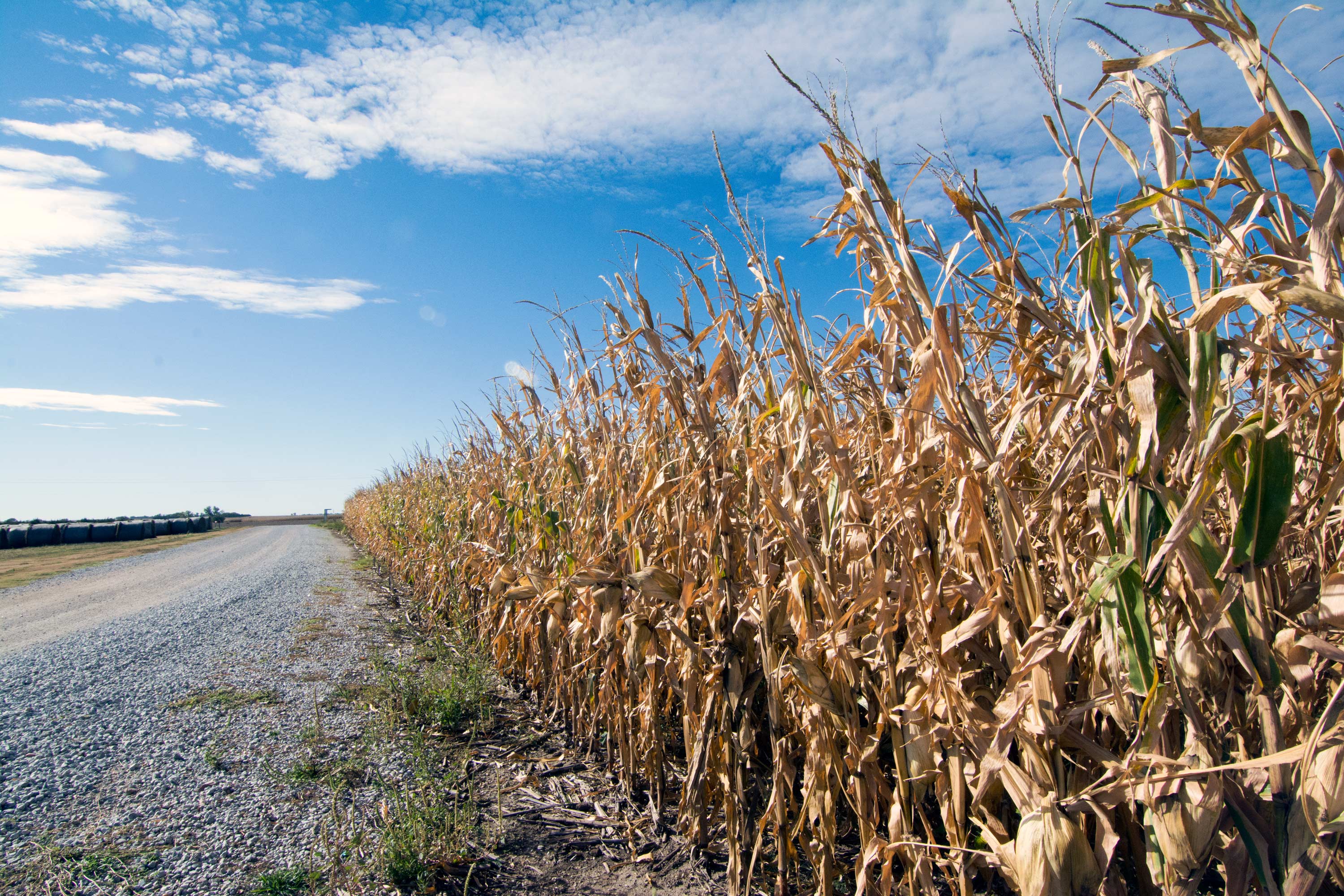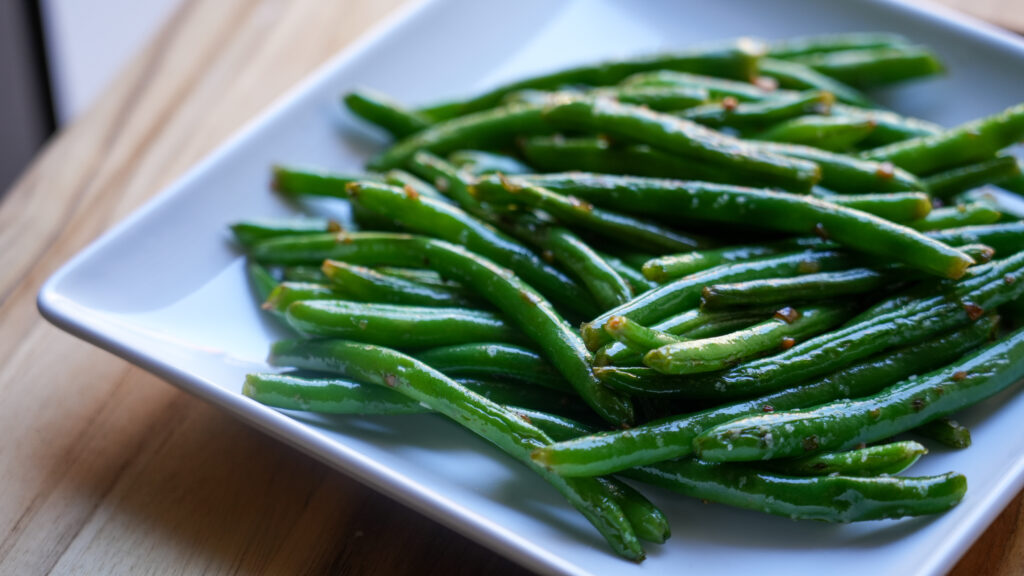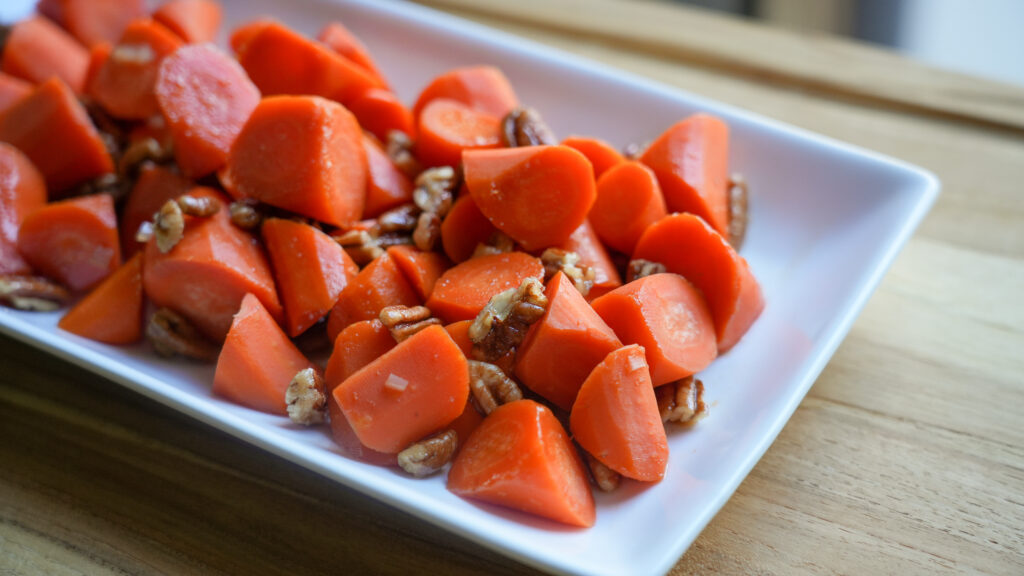This conversation is sponsored by The US Farmers & Ranchers Alliance, but the opinions and text are all mine.
Growing up in Nebraska, I have been surrounded by agriculture my whole life. In fact, my grandparents owned a farm many years ago and as a child I always enjoyed hearing my dad’s stories about life growing up on the farm. Each night at the dinner table, my parents took the opportunity to remind me about where food comes from –especially when I was being picky or complained. I believe those talks around the dinner table are what inspire me today to be more mindful about farming, food production and food waste. And now, as a Registered Dietitian, my family background and academic knowledge allows me to connect the dots between the farmers who produce our food and the consumers who seek to understand more about it.
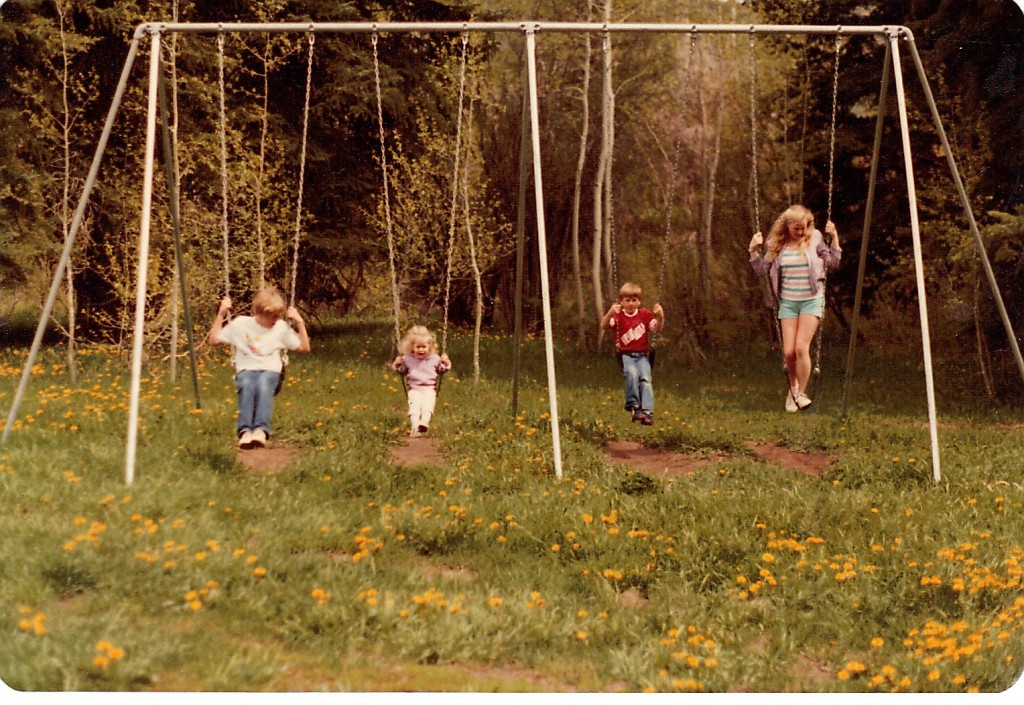
The past few years I’ve heard the term “Big Ag” thrown around as if it’s something to be ashamed of or shy away from. Where I’m from, agriculture is the #1 industry in the state with 1 in 4 jobs relating to agriculture. According to the Nebraska Department of Agriculture, Nebraska’s farms and ranches utilize 45.3 million acres – 92% of the state’s total land area. So, yes—farming and agriculture is “big” here. However, “big” does not mean bad. The farmers I get to meet and interact with across the state live and work on family farms. They care about their land, their livestock, and their communities. Naturally, some farms are bigger than others, but all farmers struggle with the same sense of uncertainty and face the same business challenges. Those challenges include raising funds, managing employees, paying taxes, and keeping up to date on the latest research.
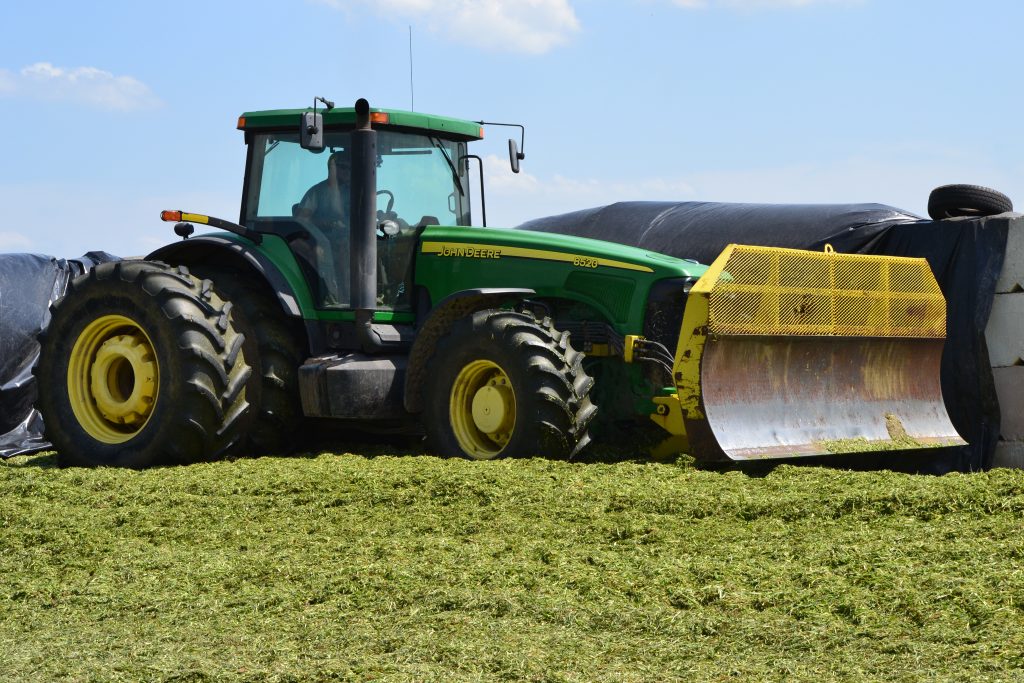 Another challenge is growth. As family farms become more efficient, growth is certainly bound to happen. It’s true that many farms have experienced growth, but we are experiencing the natural factors of efficiency. That growth can allow farmers to utilize better technology, increase safety measures and provide better training for employees. We are also seeing that farmers are increasingly more educated, with many having advanced degrees in agronomy. These impacts, among others, should not scare us about the safety of our food, but should call us to understand what happens on farms as more of our population is distanced from the role of a farmer. My hope is that consumers will seek to learn how farming happens and they will grow less fearful of the process.
Another challenge is growth. As family farms become more efficient, growth is certainly bound to happen. It’s true that many farms have experienced growth, but we are experiencing the natural factors of efficiency. That growth can allow farmers to utilize better technology, increase safety measures and provide better training for employees. We are also seeing that farmers are increasingly more educated, with many having advanced degrees in agronomy. These impacts, among others, should not scare us about the safety of our food, but should call us to understand what happens on farms as more of our population is distanced from the role of a farmer. My hope is that consumers will seek to learn how farming happens and they will grow less fearful of the process.
